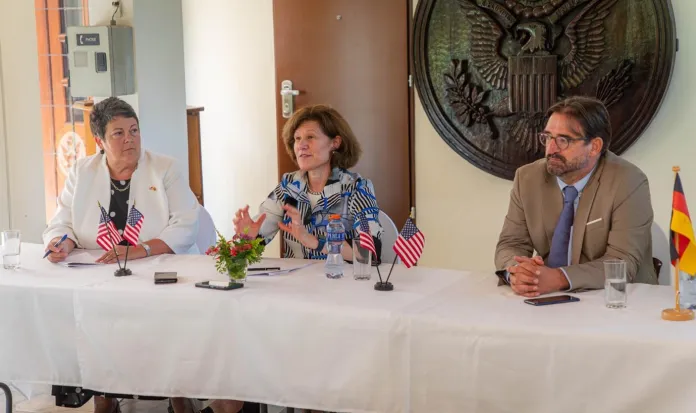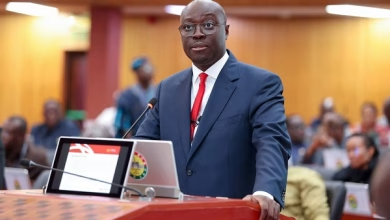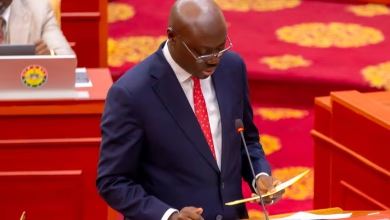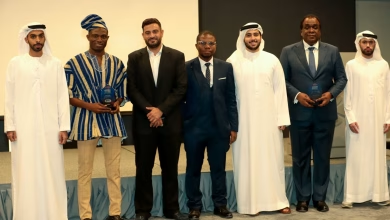U.S. and Germany Launch $40 Million Initiative to Enhance Stability in Northern Ghana

- The Coastal States Stability Mechanism program was unveiled
- The CSSM program is set to play a vital role in promoting peace
- The initial phase of the CSSM will focus on funding critical infrastructure
The United States and Germany, in collaboration with the Government of Ghana, have launched a significant regional initiative aimed at improving security and preventing conflict in northern Ghana.
On October 10th, the Coastal States Stability Mechanism (CSSM), a $40 million program, was unveiled. The initiative seeks to foster stability in communities at risk of violent extremism and conflict, particularly along the West African coast, including areas in Benin and Togo.
This initiative aligns with Ghana’s National Framework for the Prevention and Countering of Violent Extremism and Terrorism, emphasizing community-based approaches to address key drivers of instability and mitigate the influence of violent extremist organizations (VEOs).
The CSSM program is set to play a vital role in promoting peace, social cohesion, and development in targeted regions.
During a press briefing following the launch, U.S. Assistant Secretary of State for Conflict and Stabilization Operations, Anne Witkowsky, highlighted the broader U.S. commitment to stability in West Africa. She noted that the CSSM is a key component of the U.S. Strategy to Prevent Conflict and Promote Stability (SPCPS).
“Through CSSM, we are implementing an integrated approach to development and security that aligns with our partner governments’ plans,” she stated. “This comprehensive strategy aims to mitigate conflict risks, reduce vulnerabilities, and strengthen social cohesion.”
The initial phase of the CSSM will focus on funding critical infrastructure and services in the Chereponi District. This includes the installation of 50 solar-powered streetlights in Wenchiki and Dambu communities, providing personal protective equipment for police, establishing a back-up solar power system, and supplying blood bank refrigerators for the Chereponi District Hospital.
Additionally, the initiative will offer trauma counseling and peacebuilding programs designed to promote ethnic diversity, conflict resolution, and community cohesion through high school debates and quiz competitions.
U.S. Ambassador to Ghana, Virginia Palmer, noted that the CSSM is funded through the U.S. Agency for International Development (USAID) as part of a broader U.S. strategy to prevent conflict and promote stability in five key West African countries: Ghana, Togo, Benin, Côte d’Ivoire, and Guinea.
These nations face common threats stemming from instability in northern regions such as Mali, Burkina Faso, and Niger.
“This program seeks innovative, regional solutions that can be piloted and adapted across these countries. The CSSM initiative began earlier this year in Togo and Benin, and we are now launching it in Ghana, with plans to expand into Côte d’Ivoire soon,” Mrs. Palmer stated.
The initial funding for the CSSM program has been provided by the United States Agency for International Development (USAID) and the German Federal Foreign Office. It will be implemented by the International Organization for Migration (IOM) in coordination with Ghana’s Ministry of National Security, alongside local government institutions and community stakeholders.
German Ambassador to Ghana, Daniel Krull, emphasized the importance of strengthening the Ghanaian state’s presence in remote border areas to enhance security. He explained that Germany has supported this effort by assisting the Ghana Armed Forces, police, and Immigration Service in building their capacities.






